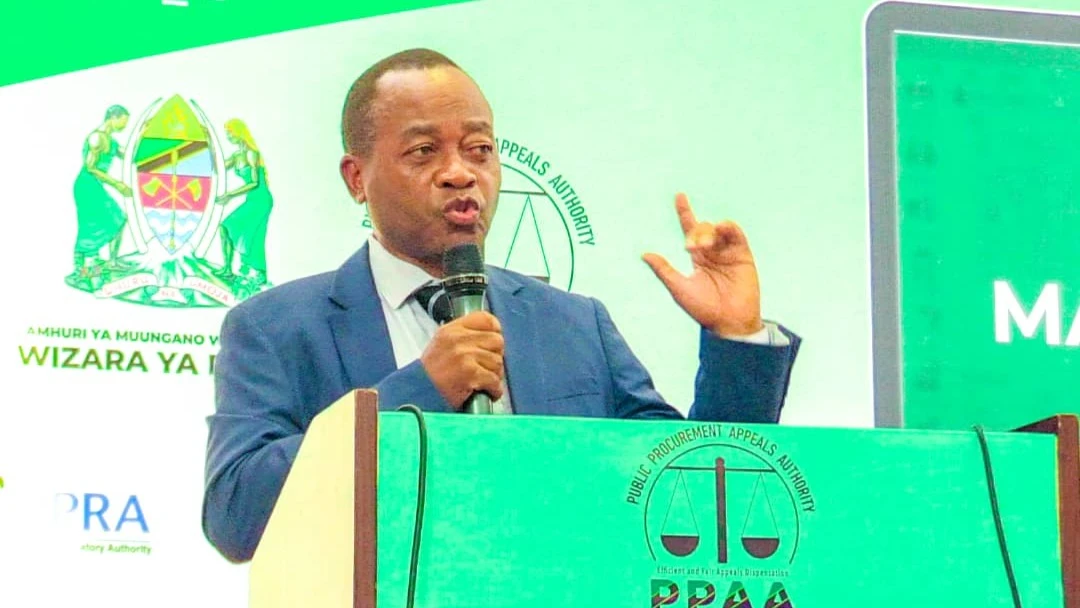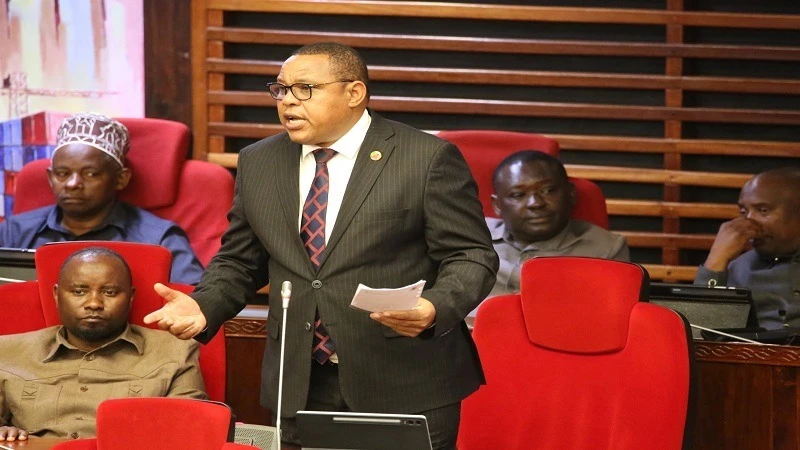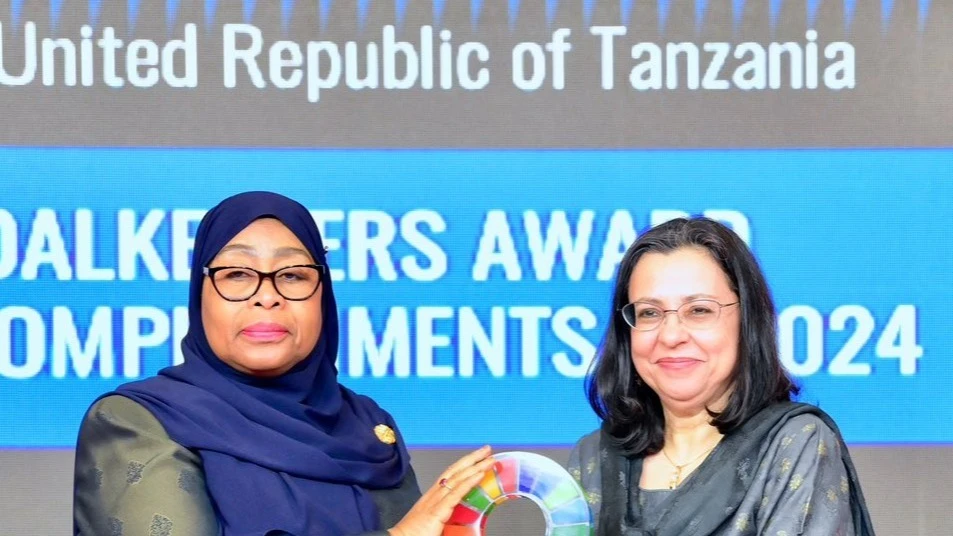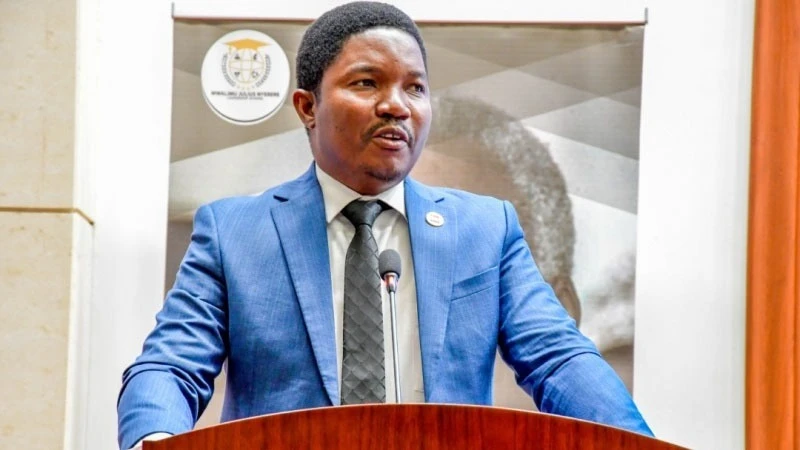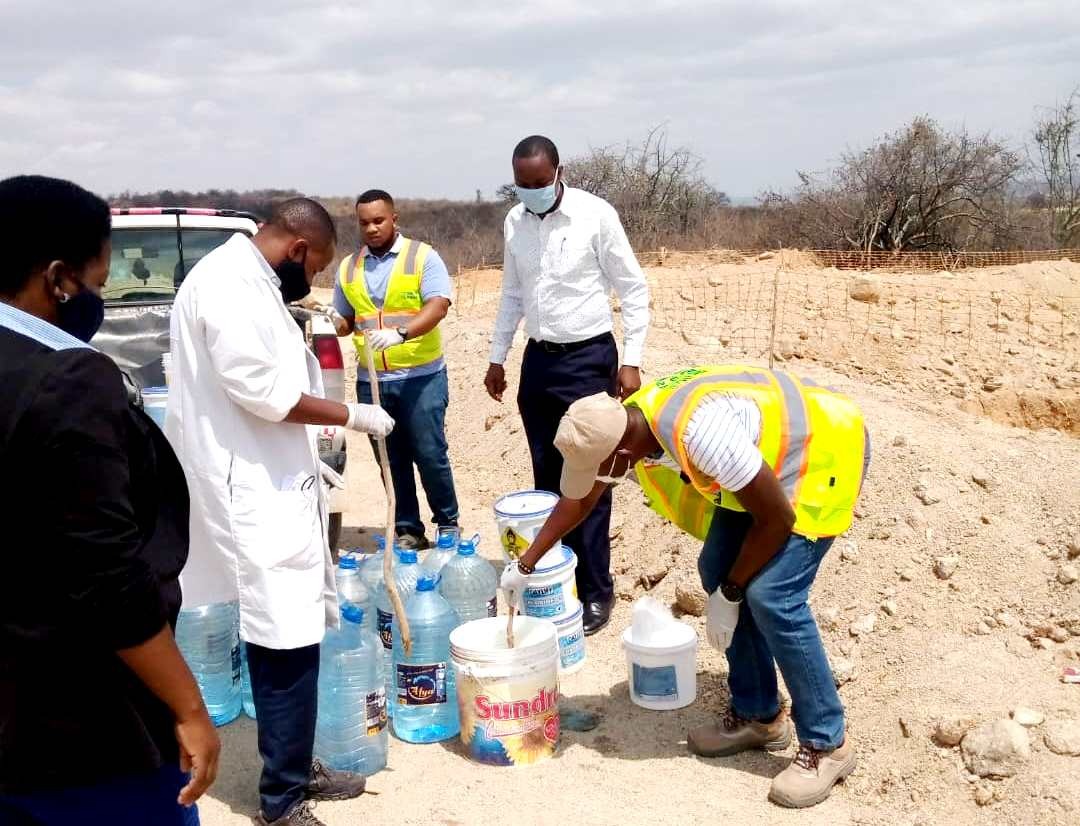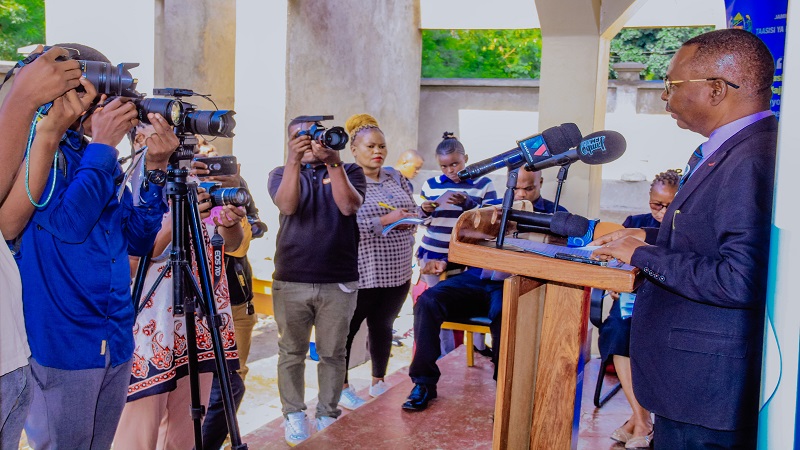Activists: Immediate policy, law changes needed to end child marriages
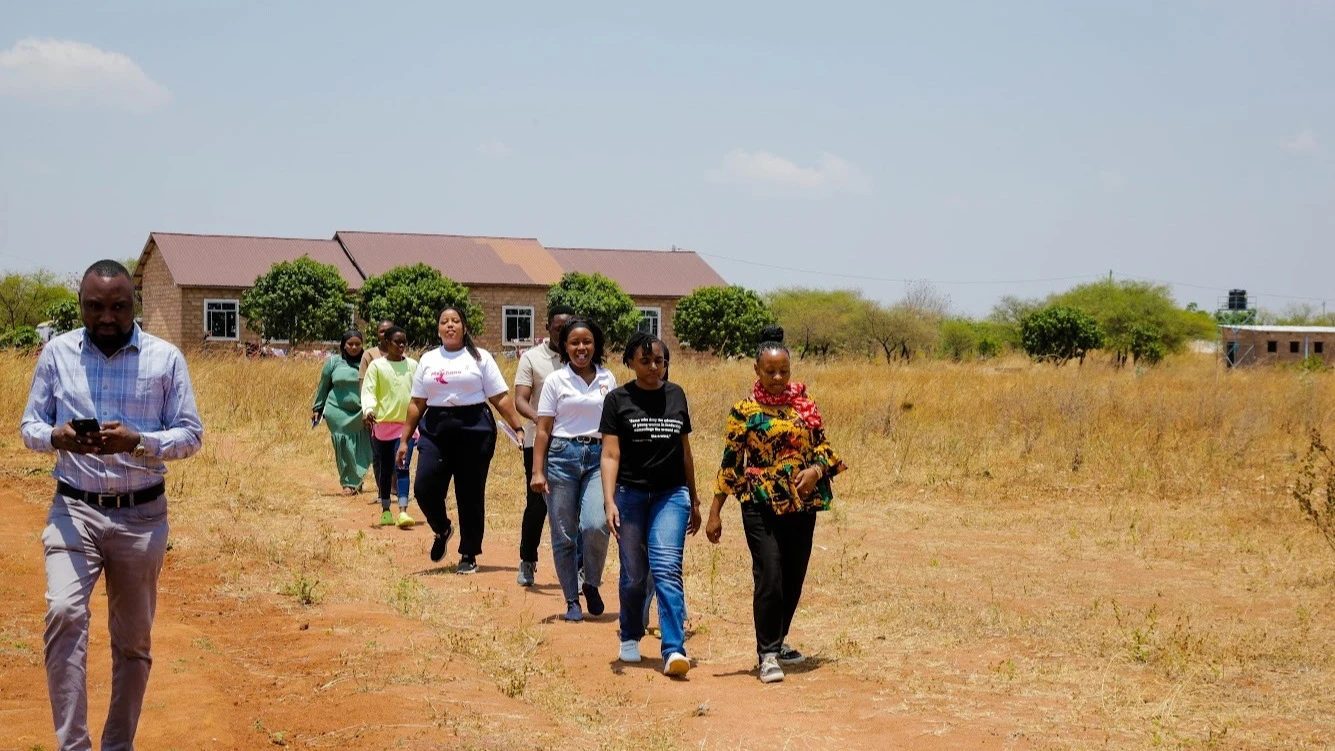
MARA, Shinyanga, Tabora and Dodoma are among the regions in Tanzania with the highest prevalence of child marriage, where many girls are married before their 18th birthday. The troubling trend is driven by various factors, including income poverty, social norms, adolescent fertility and weak legal frameworks.
According to the Demographic and Health Survey (2015/16), child marriage rates in the regions are staggering: 59 percent in Shinyanga, 58 percent in Tabora, 55 percent in Mara, and 51 percent in Dodoma. In contrast, regions like Iringa and Dar es Salaam have much lower rates, at 8 percent and 19 percent, respectively.
The survey also reveals that 29 percent of women aged 20-24 in Tanzania were married before the age of 18, hindering the development of many girls.
Activists and stakeholders have long campaigned for amendments to the Marriage Act of 1971, which they argue undermines the dignity and aspirations of children and girls in the country.
Despite the efforts, many young girls remain forced into marriage, finding themselves in difficult situations that impede their development.
In a concerted effort to eradicate child marriage, activists have launched a campaign aimed at educating girls and communities about the importance of protecting the rights of the girl child. This campaign began earlier this week, focusing on regions particularly vulnerable to child marriage: Mara, Shinyanga, Tabora and Dodoma. It is organised by TECMN, comprising over 80 non-governmental organisations, including the Msichana Initiative, Medea, Plan International, My Legacy, Binti Makini Foundation, and the Theatre Arts Feminist Group.
During the campaign’s inauguration in Tarime District, Mara Region, Lilian Kimati, the TECMN coordinator, expressed a commitment to eradicating practices that hinder children’s dreams.
Currently, Tanzania’s Marriage Act sets the minimum marriage age for girls at 15 with parental consent, while boys must be at least 18. “If this law is revised, we believe child marriages could become a thing of the past, allowing girls to achieve their dreams,” she said.
Peragia Baron, the acting Tarime District Executive Director, acknowledged the vital role played by various organisations in reducing child marriage and female genital mutilation (FGM) rates in the district. “
Historically, child marriage was alarmingly common, with many girls married shortly after undergoing FGM. It was not unusual for girls to be considered wives by Standard Four and married by Standard Seven. In local customs, once a girl is circumcised, she is viewed as an adult and eligible for marriage,” she noted.
Baron added that while child marriage still exists, rates have significantly decreased in recent years, partly due to advocacy centres supporting children fleeing forced marriages.
She called for more organisations to be established in rural areas to broaden outreach.
“If these programmes reach every village, we could make substantial progress in preventing child marriage, as many individuals in these areas lack awareness and do not know where to report such issues,” she said.
She said the council allocates a specific budget each year for the social welfare department to raise awareness about combating FGM and child marriage.
Valerian Mgani, project manager at the Association for Termination of Female Genital Mutilation (ATFGM) in Tarime, reported that initiatives to combat child marriage face obstacles from some politicians who defend these practices.
“When we work against FGM and child marriage, we often encounter opposition from certain politicians who argue that we interfere with their constituents' customs. Even when we involve the police, they claim we act against local traditions,” Mgani explained.
When visited Agape Knowledge Open School, a centre dedicated to rescuing and empowering girls who have suffered abuse and those forced to drop out of school due to early pregnancies and child marriages in Shinyanga, Kimati emphasised that child marriage poses a serious threat to girls' education and economic opportunities.
Amina Juma (not her real name), a girls at the AGAPE centre, shared her story, stating that many parents in Shinyanga, especially in rural areas, still marry off their daughters at a young age due to greed and entrenched customs.
The girl fled home when her parents intended to marry her off for financial gain.
“Girls have the right to an education, and when the time comes for them to marry, they should do so without pressure. Parents need to understand that girls are not liabilities; relying on them for wealth is an outdated notion,” she said.
Hadija Yasim (17), a witness to child marriage from Manyada Village, also recounted her experience. At just 15, her uncle sought to marry her off in hopes of gaining wealth. ]
Upon learning of the plan, she reported it to the police, who brought her to the AGAPE centre. “In my village, a large percentage of girls like me are already married, and I saw the struggles they faced. I was not ready to marry at my age,” she explained.
Yasim expressed that life at the AGAPE centre is far better than returning home, where girls face gender-based violence and pressure to marry young, leading to serious health consequences later on.
John Mayola, director of the AGAPE centre, stated that their primary mission is to provide guidance and counselling to help these children understand the dangers of such practices. He reported that the centre receives about 57 children annually, including those facing early pregnancies and child marriages. “Since January, we have admitted three pregnant girls, one of whom has already given birth to a two-month-old baby, along with nine cases of child marriages,” he said.
He called for government education initiatives for girls, as parents often use various tactics to pressure them into early marriages. When girls resist, they are sometimes coerced into living with men, which can lead to pregnancies that facilitate marriage.
In late 2022, Speaker of the National Assembly Dr Tulia Ackson proposed raising the minimum marriage age for girls to 21. “I believe that 18 is still too young for a child to marry, as they are not ready to handle the responsibilities of marriage at that age. They should focus on their studies in high school,” Dr Tulia said.
According to a 2021 United Nations report, more than 650 million women alive today were married as children. Child marriage is a global issue driven by gender inequality, poverty, unfavourable social norms, and insecurity.
Top Headlines
© 2025 IPPMEDIA.COM. ALL RIGHTS RESERVED














